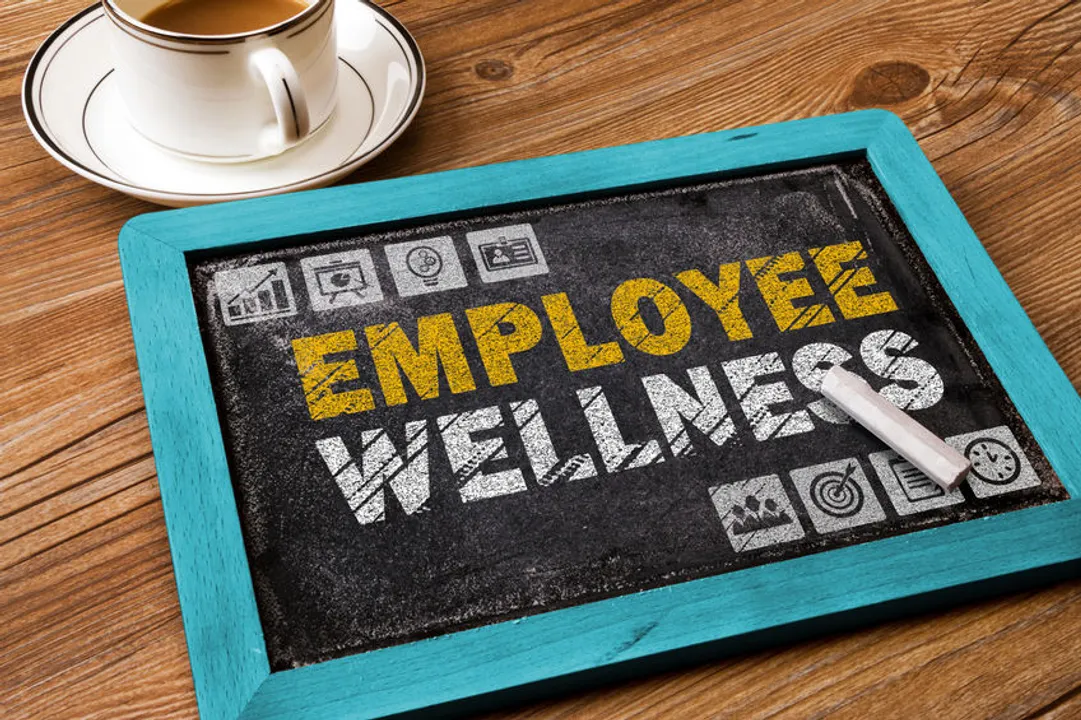Healthcare Organizations Reward and Foster the Wellbeing of Employees for Dedication During Covid and Beyond
 Forward-thinking executives of health care organizations are rewarding employees for their dedication during the pandemic. The covid crisis has exacerbated the health care staffing crisis, especially among nurses and nursing assistants. Many nurses are leaving the profession, as they are finding that their jobs are simply too hard. Nurses are retiring early or changing careers. Nursing assistants, particularly in long-term care facilities, are not making livable wages. Staff are suffering from PTSD due to working conditions and the stress of the pandemic. Health care organizations must make changes and adapt to workers’ needs if they are to survive.
Forward-thinking executives of health care organizations are rewarding employees for their dedication during the pandemic. The covid crisis has exacerbated the health care staffing crisis, especially among nurses and nursing assistants. Many nurses are leaving the profession, as they are finding that their jobs are simply too hard. Nurses are retiring early or changing careers. Nursing assistants, particularly in long-term care facilities, are not making livable wages. Staff are suffering from PTSD due to working conditions and the stress of the pandemic. Health care organizations must make changes and adapt to workers’ needs if they are to survive.
A 2021 Future of Work in Nursing survey found four key strategies that health care organization leaders need to implement to reward and retain staff. They include:
- Employee health- including mental health programs, communication, and breaks.
- Flexibility- Staffing flexibility. This is especially important for older nurses. Many more senior nurses may be available to work at peak times but not for entire eight- or twelve-hour shifts.
- Modernize delivery models-This may include using technology to perform virtual patient visits.
- Expand skillsets- Cross-train staff and use an array of tools to help workers learn new skills.
The AMA, American Nurses Foundation, American Hospital Association, and Schwartz Center for Compassionate Healthcare have joined together to promote healthier workplaces. They are encouraging healthcare organizations to participate in the All In Wellbeing First for Healthcare program. The goal is to restructure health care organizations' policies so that caregiver mental health and wellbeing are fostered. Over 200 health care organizations have already joined the movement.
Researchers found that monetary and symbolic rewards which show employee appreciation improve performance, morale, and motivation. Employee satisfaction and retention also increase. Prospective job seekers may see these perks and be attracted to the organizations, as it shows that the executives are interested in workers' wellbeing and quality of life.
Symbolic rewards include notes of appreciation and public recognition. Research shows that symbolic rewards are sometimes more valuable to health care workers than financial gains. Health care workers need both.
Staff often feel isolated from upper management. Notes of appreciation from executive staff are meaningful for many workers. This practice has been used throughout the covid epidemic. Handwritten letters of appreciation specific to employees and small teams are more valuable than blanket organization-wide thank you notes.
Leaders recognize that workers are emotionally exhausted. Contra Costa Health Services in Costa County, California, is the county health department. Clients can write messages of support and appreciation to workers. The notes are viewable on the health service website.
Some organizations are offering employees additional time off. This practice is helpful for several reasons. It provides needed breaks, shows appreciation, and is a tangible financial reward.
Healthfirst is a healthcare system in Florida with four hospitals, various community services, and health insurance. Healthfirst is offering employees one week of extra vacation time.
Cigna is offering employees ten additional days of emergency time off. This benefit is in addition to regular paid time off. The time may be used for illness due to covid, caring for dependents, recovery after covid immunization (if side effects occur), or mental health days.
Health care organization leaders are implementing strategies to enhance employee mental health. These range from remote video conference support groups to onsite chair massages and aromatherapy. Some organizations are taking advantage of technology to provide workers with immediate opportunities for time out. Some health care facilities contain unique booths in which stressed employees may sit privately. The employees choose from several stress-relieving options. Choices include guided imagery and mediation resources from a comfortable recliner in the booth. The workers can call confidential hotlines for support.
Organizational leaders must foster peer support among workers. Fostering peer support promotes a healthy, committed corporate culture and individual wellbeing. PeerRXmed is a free online program that links workers with peers. The workers receive messages and reminders to connect with each other.
Many organizations offer onsite wellness programs. These often include counselors and psychologists. Wise leaders will continue to provide these services even as the pandemic winds down. Healthcare is stressful, whether there is a pandemic or not.
Employee wellbeing is the key to excellent patient care, financial stability, and progress within health care organizations. Resources are readily available for organization leaders.
Related Posts
